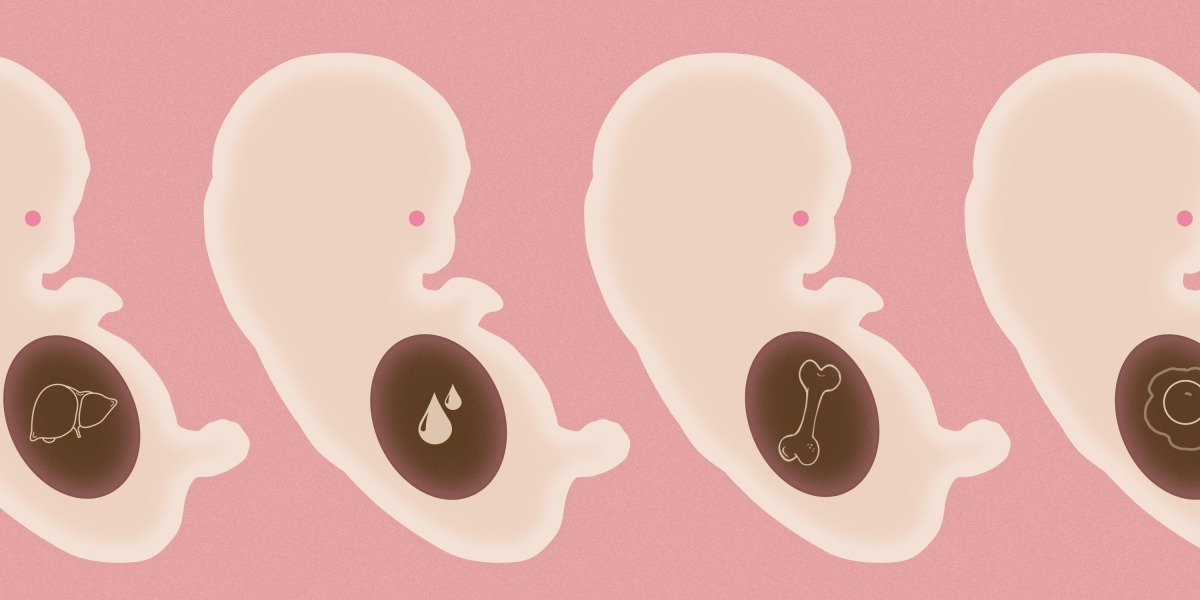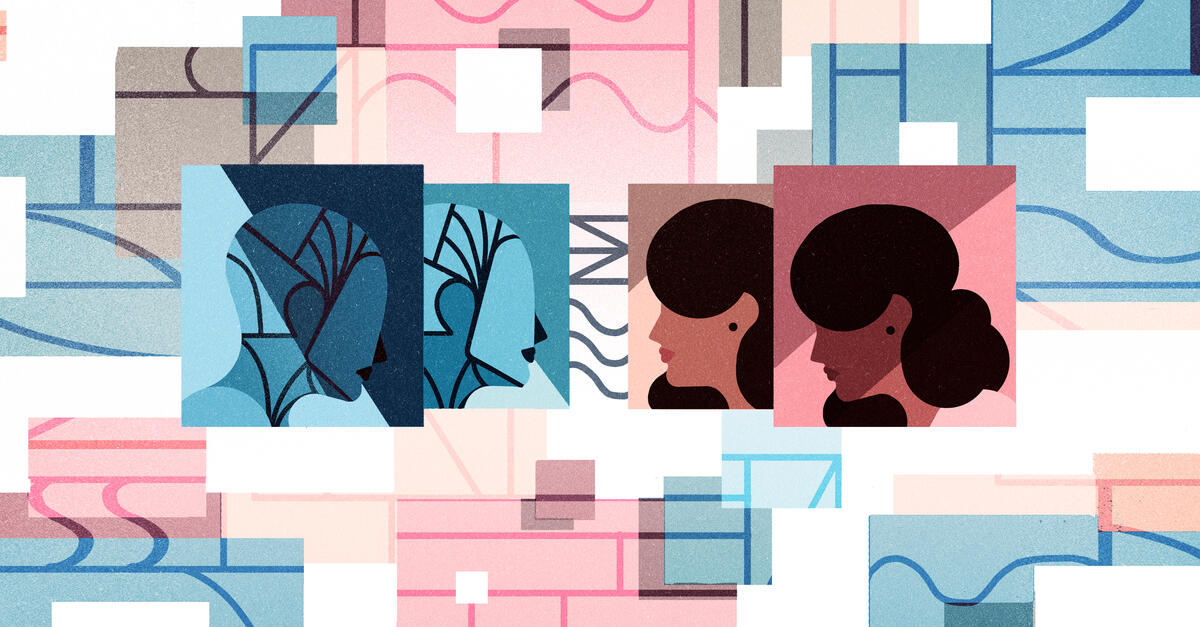I wonder ...
Is it premature (or simply immature) to ask some questions now, from a Buddhist standpoint, about potential future scenarios?
The Introduction to my book asks a few, some more serious, some a little tongue in cheek.
Is it a wasteful enterprise to ask such questions now, from here in 2023? As wasteful as those folks in 1923 attempting to think about today? Is the argument any more foolish than ancient Buddhists considering the Buddha Nature of mice?
~~~
BUILDING THE FUTURE BUDDHA - Pg. 7
This is a book of hope, and will envision the world to come -- many worlds, including far planets to which we terrans may head. As I am a Zen teacher, not a scientist, my imaginings may sometimes ring of science fiction more than currently verifiable science fact. That is not my intention. Whenever I can, I am relying on what reputable and well-regarded scientists, futurists and other deep thinkers are saying might be possible or (even better) highly likely for the coming years, not mere fantasy. Here and now, we cannot be sure about what is next, or imagine ages so different from our own, any more than stone age Peking Man could envisage modern Beijing, or … representing the real scale of changes in relative intelligence and life that might come to be … a ladybug can grasp a data bug. Thus, I am going to limit myself to technologies, developments, trends and outcomes that experts think possible and anticipate, however dimly, from here in the early 21st century. Indubitably, discoveries will come down the pike which will change so radically our understanding of the world, and our abilities in it, that predictions are pointless. Undoubtedly, history and unexpected factors will take twists and turns leading people of the future (should we survive said twists) to chuckle at our naïveté … while maybe, here and there, marveling at our prescience. But whatever the fogginess of forecast, I will carry on in the coming pages, hoping that I get some important things right.
I believe that Buddhism expresses certain Wisdom, and the core of that Wisdom is timeless.
Our way is home to insights, teachings, and practices that go right to the heart of the human condition, to the question of who we are in this universe, how we best should live within it. I believe that this Wisdom might be equally wise for inhabitants of the future, whether fully human or beyond human. Buddhism is the path that I have walked these past 40 years. I believe that Buddhist insights offer a path for creatures to walk … or roll, fly, swim or beam … 40 centuries from now. The insights at the heart of Buddhism and Zen are truly unbounded by time.
Even so, there will be questions in the future that Buddhists have never faced, but may have to face, including:
Although asked here with some humor, these issues, and countless others like them, may face us in the coming decades and centuries. Such questions can only be raised for now, not finally settled. I do not pretend to have any exclusive and definitive answers. I only point to unprecedented situations, leaving future pundits and priests to argue over the details. What I can promise is that tomorrow’s Buddhist thinkers will disagree on these issues, cooking up a variety of opinions, the same as with all doctrinal questions of the past. Coming Buddhists will no more agree on whether an intelligent house or android spouse is a sentient being than they now agree on whether a mouse or grouse is one. **
** Footnote: What about Rats? Buddhist Disciplinary Guidelines on Rats: Daoxuan’s Vinaya Commentaries
https://www.mdpi.com/2077-1444/12/7/508/htm

Is it premature (or simply immature) to ask some questions now, from a Buddhist standpoint, about potential future scenarios?
The Introduction to my book asks a few, some more serious, some a little tongue in cheek.
Is it a wasteful enterprise to ask such questions now, from here in 2023? As wasteful as those folks in 1923 attempting to think about today? Is the argument any more foolish than ancient Buddhists considering the Buddha Nature of mice?
~~~
BUILDING THE FUTURE BUDDHA - Pg. 7
This is a book of hope, and will envision the world to come -- many worlds, including far planets to which we terrans may head. As I am a Zen teacher, not a scientist, my imaginings may sometimes ring of science fiction more than currently verifiable science fact. That is not my intention. Whenever I can, I am relying on what reputable and well-regarded scientists, futurists and other deep thinkers are saying might be possible or (even better) highly likely for the coming years, not mere fantasy. Here and now, we cannot be sure about what is next, or imagine ages so different from our own, any more than stone age Peking Man could envisage modern Beijing, or … representing the real scale of changes in relative intelligence and life that might come to be … a ladybug can grasp a data bug. Thus, I am going to limit myself to technologies, developments, trends and outcomes that experts think possible and anticipate, however dimly, from here in the early 21st century. Indubitably, discoveries will come down the pike which will change so radically our understanding of the world, and our abilities in it, that predictions are pointless. Undoubtedly, history and unexpected factors will take twists and turns leading people of the future (should we survive said twists) to chuckle at our naïveté … while maybe, here and there, marveling at our prescience. But whatever the fogginess of forecast, I will carry on in the coming pages, hoping that I get some important things right.
I believe that Buddhism expresses certain Wisdom, and the core of that Wisdom is timeless.
Our way is home to insights, teachings, and practices that go right to the heart of the human condition, to the question of who we are in this universe, how we best should live within it. I believe that this Wisdom might be equally wise for inhabitants of the future, whether fully human or beyond human. Buddhism is the path that I have walked these past 40 years. I believe that Buddhist insights offer a path for creatures to walk … or roll, fly, swim or beam … 40 centuries from now. The insights at the heart of Buddhism and Zen are truly unbounded by time.
Even so, there will be questions in the future that Buddhists have never faced, but may have to face, including:
- Can a robot be a Buddhist teacher, a “Rinpoche” or “Roshi?”
- Might a genetically modified monkey become a meditative “monk?”
- Would Buddhism sanction a cross-species marriage, or a wedding of human to hologram?
- Can AI attain enlightenment?
- Do bionic brains have Buddha Nature?
- If we opt for life spans of 200 or 2,000 years, are we depriving life to someone never born?
- At what point does disassembling one’s truly smart “smart phone” amount to killing sentient life, if not criminal murder?
- If machines, enhanced animals or extraterrestrials possess forms of self-awareness and intelligence very different from human beings, would each be “sentient” in a Buddhist sense?
- May I harvest cloned organs or full replacement bodies specifically bred for that purpose without killing a human life?
- If someone is partly controlled in behavior by bodily implants (e.g., to prevent acts of extreme violence by hardened criminals), are they still karmically responsible for volitional acts?
- If we erase painful memories of bad acts done or suffered, thus eliminating all reflection, regret or pain, are we erasing Karma too?
Although asked here with some humor, these issues, and countless others like them, may face us in the coming decades and centuries. Such questions can only be raised for now, not finally settled. I do not pretend to have any exclusive and definitive answers. I only point to unprecedented situations, leaving future pundits and priests to argue over the details. What I can promise is that tomorrow’s Buddhist thinkers will disagree on these issues, cooking up a variety of opinions, the same as with all doctrinal questions of the past. Coming Buddhists will no more agree on whether an intelligent house or android spouse is a sentient being than they now agree on whether a mouse or grouse is one. **
** Footnote: What about Rats? Buddhist Disciplinary Guidelines on Rats: Daoxuan’s Vinaya Commentaries
https://www.mdpi.com/2077-1444/12/7/508/htm







 )
)
Comment